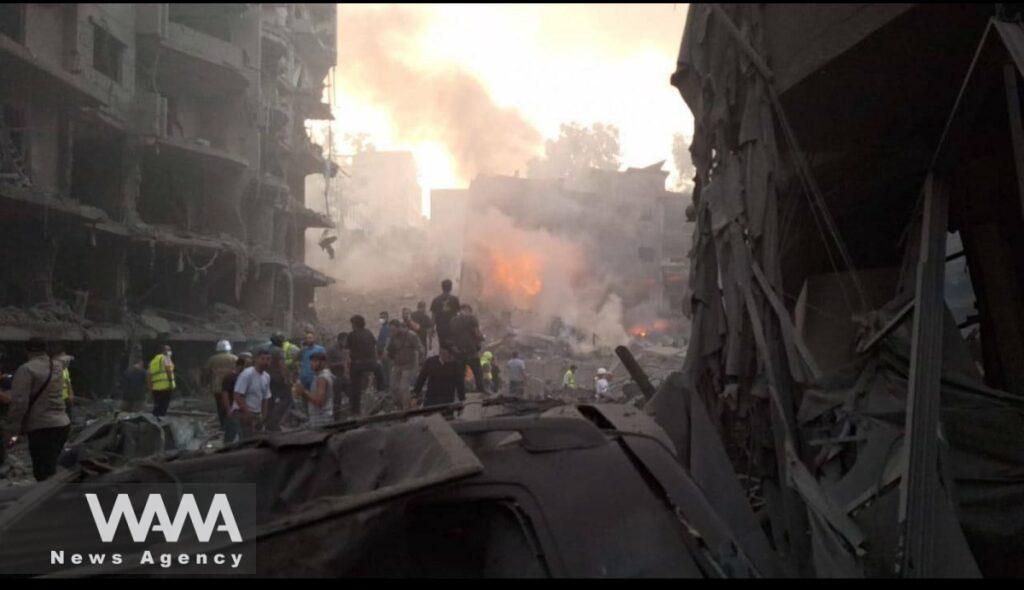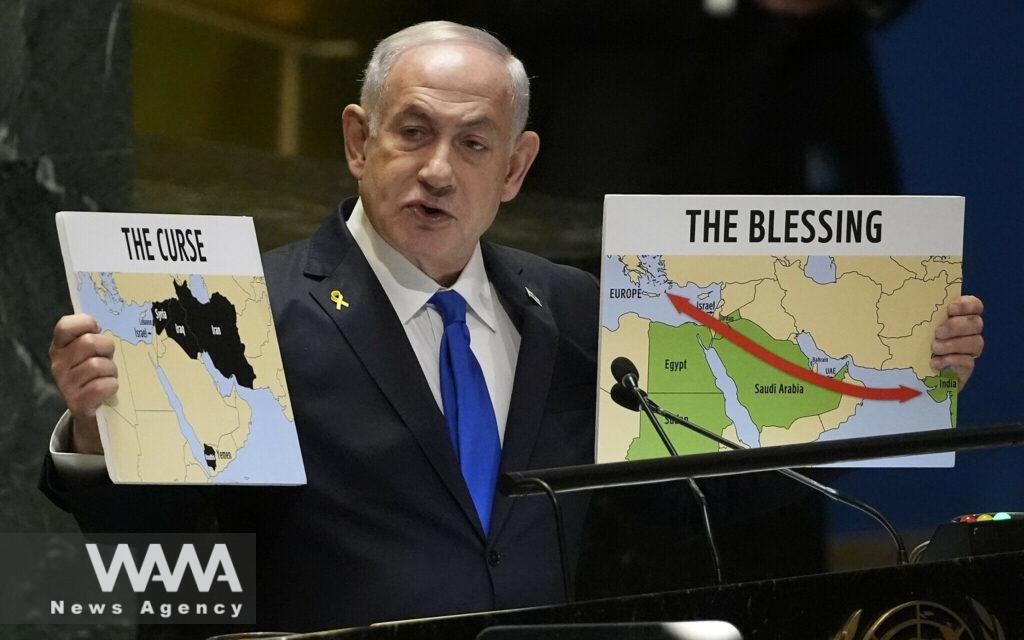Attacks on Shia Cities Justify Strikes on Tel Aviv
WANA (Sep 27) –The recent attacks on Beirut’s Dahiya were the most unprecedented and severe strikes in the ongoing war between Israel and Lebanon, leveling at least four multi-story buildings.
The Israeli military announced that the target was Hezbollah’s main leadership headquarters, while some Israeli sources claimed the goal was the assassination of Seyed Hassan Nasrallah. However, Israel’s Broadcasting Authority stated that it cannot yet be confirmed whether Nasrallah was present at the time of the attack.
Speculation is now rampant. It’s clear that this location had been compromised in advance. However, the fact that such an unprecedented strike occurred during Netanyahu’s presence in New York, and his immediate departure from a press briefing, suggests the attack was carried out urgently based on rapid, specific intelligence and direct orders from Netanyahu.
Sources close to Hezbollah report that the assassination attempt on the Secretary General has failed, but an official statement from Hezbollah regarding the attack and its outcome is still awaited.

This attack can be seen as a total shift in the rules of engagement with Hezbollah, possibly marking the beginning of all-out war. From Hezbollah’s perspective, Israel has crossed a red line and deserves a “severe punishment.”
It’s highly likely that Hezbollah, after this attack, will no longer feel bound by previous rules and will adjust its response accordingly. From now on, Tel Aviv should brace for anxious hours, and its citizens may need to spend the coming days in shelters.
As of yet, no official in Iran has issued a response to Israel’s attack on Lebanon. Iranian media, however, have shifted their focus to extensively covering the news.
The key question that will soon be answered is how the Resistance Axis, led by Iran and involving Lebanon, Syria, Iraq, and Yemen, will respond to the Israelis.













